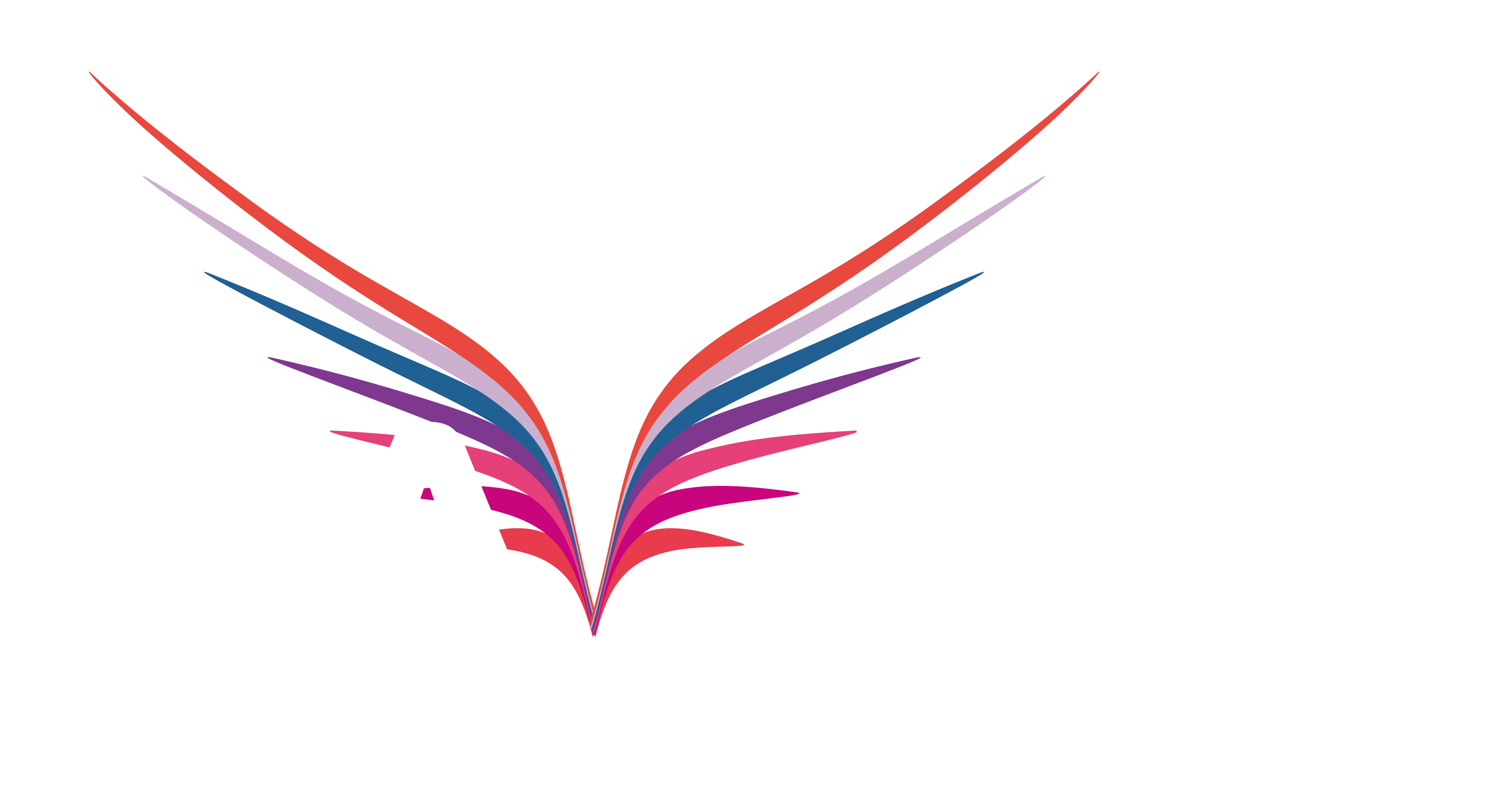I’m sure we all say this, but where has this year gone? It only seems like ten minutes since I was eating easter eggs. But no; somehow, Father Time has pulled a fast one on us all again and it’s almost the end of the year already.
Perhaps it’s inevitable, then, that I’ve started to reflect on how my year has gone. And with an industry as fast-paced and demanding as the world of corporate events, there’s a lot to reflect on.
- My show crew and technical crew freelancers have been incredible, as always.
- New testimonials have flooded in thick and fast, and I’m eternally grateful for them.
- I’ve met new clients and colleagues.
- I’ve made new friends.
- I’ve had a lot of fun and laughed a lot, and that’s exactly why I got into this line of work in the first place.
But then, on the flip side, I’ve had long waits on payments, the drama of competition, and cash flow issues. I’ve run the whole gamut of emotions this year, and I shared some of my biggest horror stories in last month’s blog. Don’t get me wrong, I’ve seen all these things before throughout my 30+ year career, so none of this is a revelation. The troubling thing is how much more of the bad stuff there’s been.
Pitching is something that’s taken a lot of my energy this year. In the event management world, we often spend significant time and money putting together creative proposals to win over clients, only to have our ideas pinched and handed over to other companies. It’s not just frustrating—it’s disheartening. There’s a part of me that thinks, ‘Should I be flattered? My ideas must be good if people are stealing them,’ but then there’s the other side that thinks, ‘Cheeky bar stewards!’
I’ll be honest, it’s usually the latter sentiment that wins out.
I’ve had skin in the game for over three decades, and I’ve done jobs of all shapes and sizes. People choose to work with me because of my body of work and my solid reputation. There’s a saying in the events world that ‘You’re only as good as your last event,’ but I don’t buy that. One event does not define your worth, and stealing someone else’s idea is never acceptable.
Something else that’s been a big challenge in 2024 is cash flow. I have clients with businesses of every size, and it’s often those with the least—or the very most—who are the most considerate. The mid-sized companies? Not so much. In fact, they can often be the worst at paying up on time, with some dragging it out to 90 days. This is despite agreeing to a contract to pay within 30 days.
I know it’s a bit of a tired trope to drag out as an example, but imagine getting your car fixed at a garage, then telling the mechanic you’ll pay them in 3-month’s time. You’d be lucky to walk away with your kneecaps intact—and rightly so. Fortunately for my clients, I’m not a collector of kneecaps, but waiting that long to be paid has forced me to dip into my own pocket to cover costs—no easy feat for a modest-sized business like Maverick Event Show Crew.
The payment issue is often made trickier because the people booking the service are usually separate from those handling the invoices. Their focus is simply on getting the job done, so once it’s complete, they have little reason to follow up with their accounts department to ensure that I’m paid on time.
One client, for example, returned to me earlier this year for a repeat job. And that’s lovely; I want to do repeat business with clients. The trouble is, I had barely recovered the fee from their accounts team from the last job I did with them. They’d left me hanging for over 60 days, all the while dodging my calls and emails with endless excuses like ‘Accounts are only in on Tuesdays,’ and ‘Accounts are off sick.’
For the repeat job, I made sure to ask for payment upfront. Initially, they agreed, but when I asked for payment before sharing the names of the freelancers on the project, they backed out, claiming, you guessed it, that ‘Accounts were out of the office that day.’ At that point, I decided it wasn’t worth the stress and politely declined the job.
When it comes to payments, a little courtesy goes a long way. If you know you’ll be late, please say so. Be upfront. This way, small businesses like mine can make an informed choice about whether we want to work with you. Unfortunately, because of situations like the one I described above, I’m now looking at how I can put safeguards in place to keep things running smoothly and protect myself from financial strain in the future.
The events world is quite small, with word spreading fast. People notice, and they remember. Attitudes and behaviours—good and bad—don’t stay hidden for long. For me, the takeaway is simple: stay honest, be transparent, and treat people well. There’s more than enough work to go around, and when everyone’s straightforward and respectful, the whole industry benefits.
2025 is just around the corner, and I’m hoping that these issues have been a temporary blip. Between the cost of living crisis and the uncertainty surrounding the general election, it’s been a tough 2024 for us all. If you are struggling with the mental impact of all this, you should read my blog about avoiding breakdown and exhaustion in the modern world.
Here’s to hoping that with the return of a little stability, we can focus on what we do best—creating exceptional events. If we can all prioritise respect, reliability, and open communication, the coming year could be a real turning point for a stronger, more collaborative industry.

